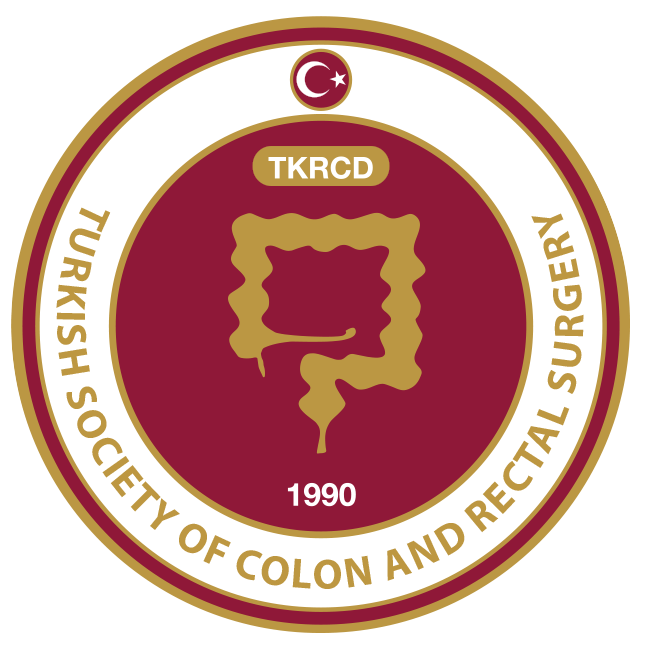ABSTRACT
INTRODUCTION:
Penetrating injuries of the colon have an important place among abdominal traumas, with high rates of morbidity and mortality. In this study, factors affecting the morbidity in patients with penetrating colon injuries are evaluated.
METHODS:
The medical records of 20 patients (17 male (85%), 3 female (15%), mean age 30.8 years; range 17-50 years) who had been operated for penetrating colon injury, between years 2000 and 2007 were reviewed. Age, gender, type of trauma, severity of colonic injury, fecal contamination, severity of intraabdominal injury, hemodinamic stability, volume of transfused blood, surgery and complications were evaluated.
RESULTS:
Ten patients (50%) had stab injuries,and 10 patients (50%) had gunshot injuries. The mean abdominal trauma index (ATI) was 18,05, and in 3 of the patients (15%) it was over 25. The mean colonic injury severity score (CISS) was 3,2. The Flint grade was I in 10 patients, II in 8 patients, and III in 2 patients. The symptoms of shock were present in 3 patients (15%). In 13 cases (65%) there was more than 500ml of intraabdominal blood. Primary repair was performed in 16 (80%) patients whereas 4 patients (25%) had a colostomy. The mortality and morbidity rates were 5% and 25%, respectively.
DISCUSSION AND CONCLUSION:
In patients with penetrating colon injuries higher ATI, CISS and Flint grades are associated with higher morbidity. This should be regarded when deciding for a primary anastomosis or a stoma.



